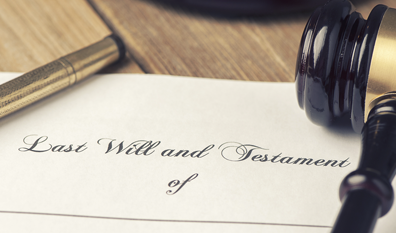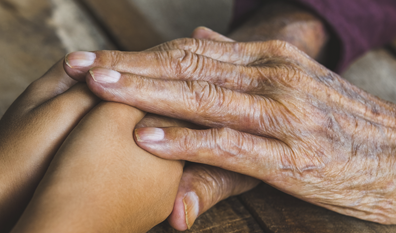What is Inheritance Tax?
If your estate (money, property and possessions) is worth more than £325,000 when you die, your heirs will have to pay tax on anything over that amount. How much they pay will depend on the value of your assets (such as property, cash in the bank, vehicles, payout from life insurance policies) minus the liabilities and any debts. Anything over the £325,000 threshold will be taxed at 40% or 36% if you have left at least one-tenth of the net value of your estate to charity.
If your estate is valued at less than £325,000 (the nil-rate band or NRB), there is nothing to pay. Likewise, if you leave everything to your spouse or civil partner, the IHT liability is also zero. What's more, the NRB can be passed onto the surviving spouse who can add it to their own NRB, which means when they die, they can leave an estate worth £650,000 that's free of IHT.
There's one more acronym for you, and that's the RNRB, which stands for the residence nil-rate band. This extra inheritance tax allowance was introduced in April 2017. This applies to residential property owners who pass on their home or a part share of their home to their children, grandchildren, step children or foster children. The value of the allowance for the 2020/2021 tax year is £175,000 which, when added to the NRB, means someone can leave an estate worth £500,000 with no IHT to pay.
Calculating the Value of The Estate
To calculate the value of a person's estate after they died, you work out the value of all the assets at the time of death and deduct any debts and liabilities. You must keep hold of any paperwork related to how the estate's value was calculated. The HMRC can request to see these records for up to 20 years after the IHT has been paid.
If your estate (money, property and possessions) is worth more than £325,000 when you die, your heirs will have to pay tax on anything over that amount. How much they pay will depend on the value of your assets (such as property, cash in the bank, vehicles, payout from life insurance policies) minus the liabilities and any debts. Anything over the £325,000 threshold will be taxed at 40% or 36% if you have left at least one-tenth of the net value of your estate to charity.
If your estate is valued at less than £325,000 (the nil-rate band or NRB), there is nothing to pay. Likewise, if you leave everything to your spouse or civil partner, the IHT liability is also zero. What's more, the NRB can be passed onto the surviving spouse who can add it to their own NRB, which means when they die, they can leave an estate worth £650,000 that's free of IHT.
There's one more acronym for you, and that's the RNRB, which stands for the residence nil-rate band. This extra inheritance tax allowance was introduced in April 2017. This applies to residential property owners who pass on their home or a part share of their home to their children, grandchildren, step children or foster children. The value of the allowance for the 2020/2021 tax year is £175,000 which, when added to the NRB, means someone can leave an estate worth £500,000 with no IHT to pay.
Calculating the Value of The Estate
To calculate the value of a person's estate after they died, you work out the value of all the assets at the time of death and deduct any debts and liabilities. You must keep hold of any paperwork related to how the estate's value was calculated. The HMRC can request to see these records for up to 20 years after the IHT has been paid.
Read less













